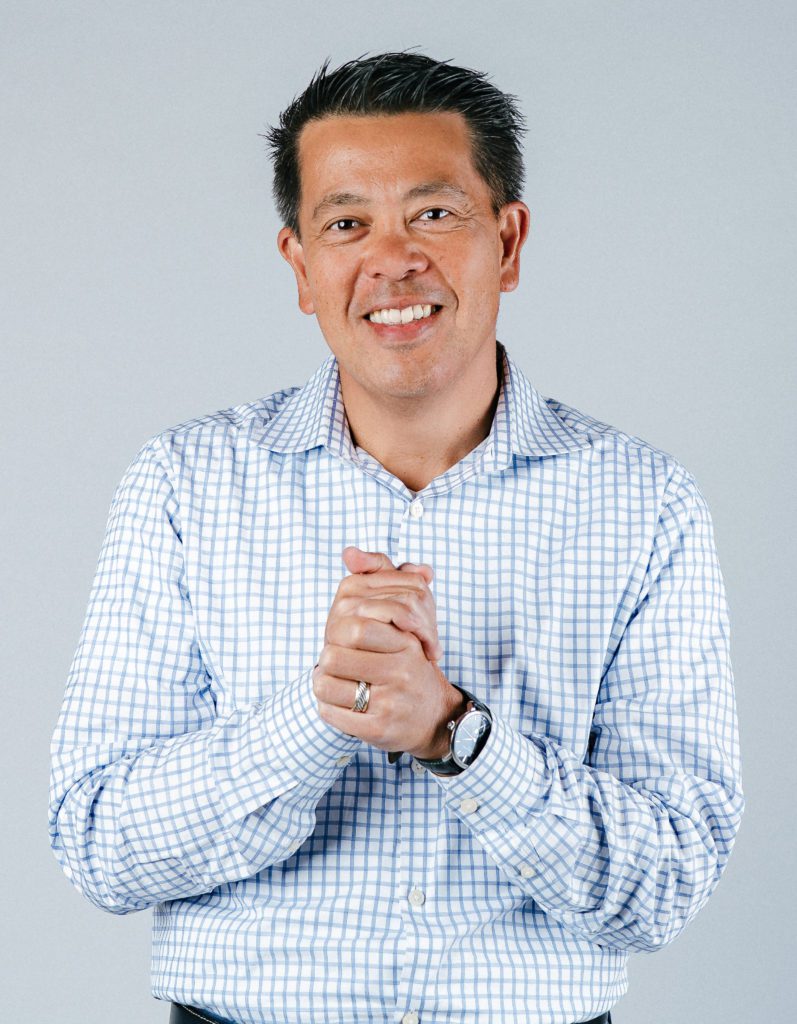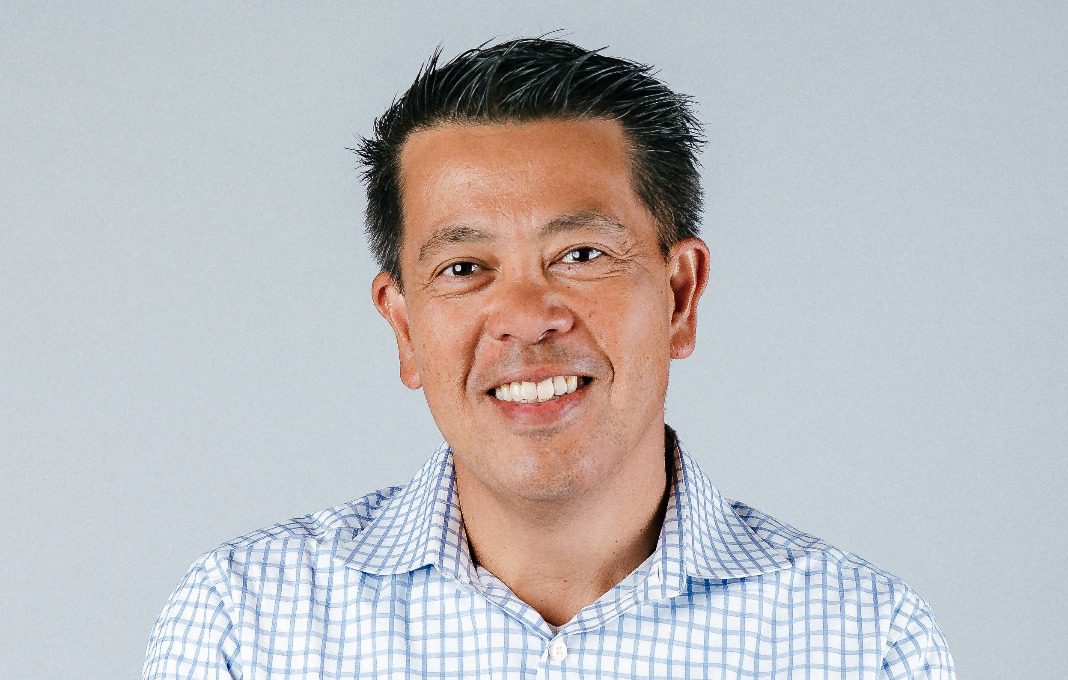 Robert Alvarez is the CFO of BigCommerce, an Austin, Texas-based firm that helps companies create and grow online stores using BigCommerce’s Open Software-as-a-Service (SaaS) eCommerce platform. Last August, Alvarez helped BigCommerce go public on the Nasdaq – with the pandemic in full force. He spoke with StrategicCFO360 about the experience, and about why it’s so important for the CFO to take a hands-on approach to human capital.
Robert Alvarez is the CFO of BigCommerce, an Austin, Texas-based firm that helps companies create and grow online stores using BigCommerce’s Open Software-as-a-Service (SaaS) eCommerce platform. Last August, Alvarez helped BigCommerce go public on the Nasdaq – with the pandemic in full force. He spoke with StrategicCFO360 about the experience, and about why it’s so important for the CFO to take a hands-on approach to human capital.
What it was like to conduct an IPO in the midst of a pandemic?
We made the decision to go public in the middle of 2019, and we were planning on a March or April IPO. We got the company ready to go public and then the pandemic hit, so we had to pause. But then we saw the business post-March do really well – both in terms of increased transactions on the platform and new signups, so we decided to move ahead with our plans for an IPO.
The process was actually very efficient because we did a virtual road show and investor meetings. Internally, it would’ve been more effective if we were able to meet in person — I’m a big believer in face-to-face communications. But we made the most of the situation and ended up being incredibly efficient by connecting with each other every day with daily sessions and check-ins on video calls.
I felt our team did an incredible job managing their duties, despite us all being virtual. And it was actually nice to have all those investor meetings without having to get on a plane – and we were able to sleep in our own beds afterward. From both our management and investors’ perspectives, the process worked extremely well.
You have a history of guiding venture capital-backed startups through exists, either via IPOs or being acquired by bigger companies. How do you approach these endeavors?
For each company, I work to discern how big the market is and whether the company’s product can disrupt segments of that market. I also assess how I can help play a role in building the team and culture to execute the company’s vision – and then I focus on preserving the culture as company grows.
It’s important to make hiring decisions based on where the company is headed. The problems we solve are the problems of today, but part of the job is to determine where the puck is headed. There are no perfect people, but you can build perfect teams. You’ve got to grow your teams and foster the right skillsets when strengths cover weaknesses to help get you to where you want to go.
I believe you also need a system in place to make sure you’re bringing in the right people— a system that’s not just based on their resume. You need to make sure you’re bringing in people who are also purpose-driven and care about preserving the company’s culture, because as a company gets bigger, it’s really easy to lose its soul.
When hiring people, you’ve got to look at two buckets. Bucket one is their resume, experience and skillset, and bucket two is their values, their beliefs, their personal story—all the intangibles. I’ve learned to put a lot of weight on bucket two when interviewing candidates. Managers need to hire around those two buckets and they need to hold employees and themselves accountable around both buckets one and two.
You also want people who are team-oriented and play the ‘we game,’ not the ‘me game.’ Humility, empathy, compassion — interviewing for those traits is really important, and at BigCommerce, it has really helped us get to where we are, and has allowed us to preserve our soul every step of the way.
As CFO, you take a very hands-on approach to managing your workforce – tell us how you do that.
I’ve been at BigCommerce for over nine years since it was an early stage startup. One of the things I’ve always believed is that my job is not just about managing the company’s money, but also about taking care of and managing our people and culture. When you do that, managing the money piece becomes a lot easier.
It’s one thing to hire great talent—it’s a whole other thing to develop and retain great talent. You want to make sure the company culture resonates with each individual on a personal level, so you surround them with warmth and encouragement. You make them feel comfortable, let them be authentic, support and empower them to do their thing.
I have regular one-on-ones with my colleagues, coaching and mentoring as many people as I can. That really allows me to build great relationships across the business. As a result, I believe our people feel very comfortable coming up with new ideas and solutions to the problems they might be seeing.
I also like going beyond the numbers to continue to paint a picture of how far we’ve come and how big of an opportunity we have in front of us. That perspective is really powerful. I’m always highlighting the why of what we do, the purpose of our company, and the focus on customers, employees and partners. In my opinion, communicating this in a personal way is a big part of building the amazing team who’s gotten us where we are today.








